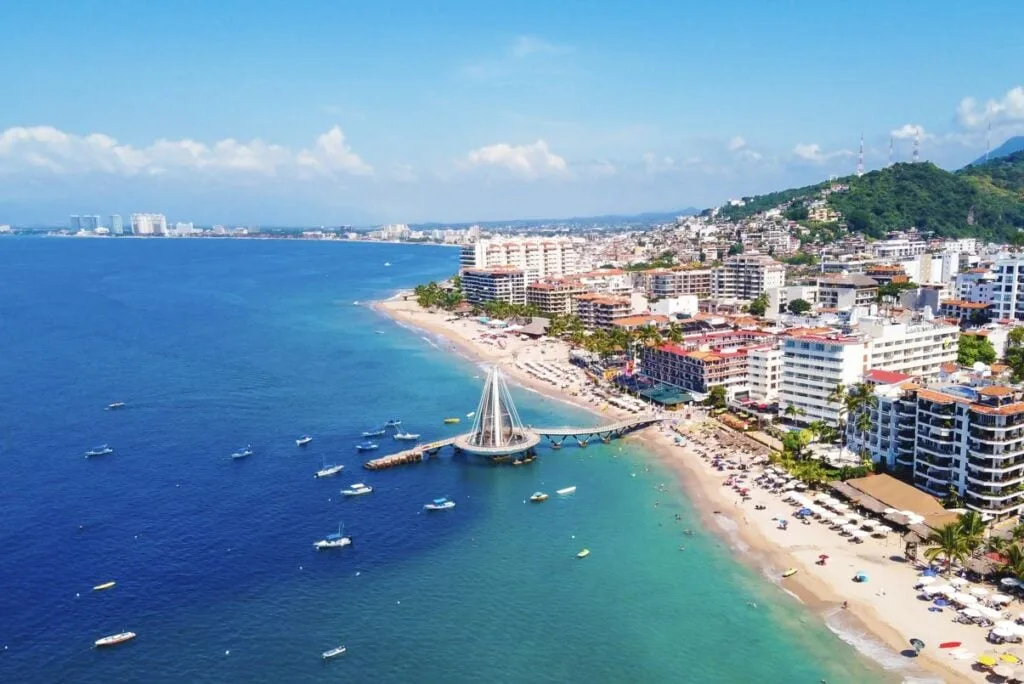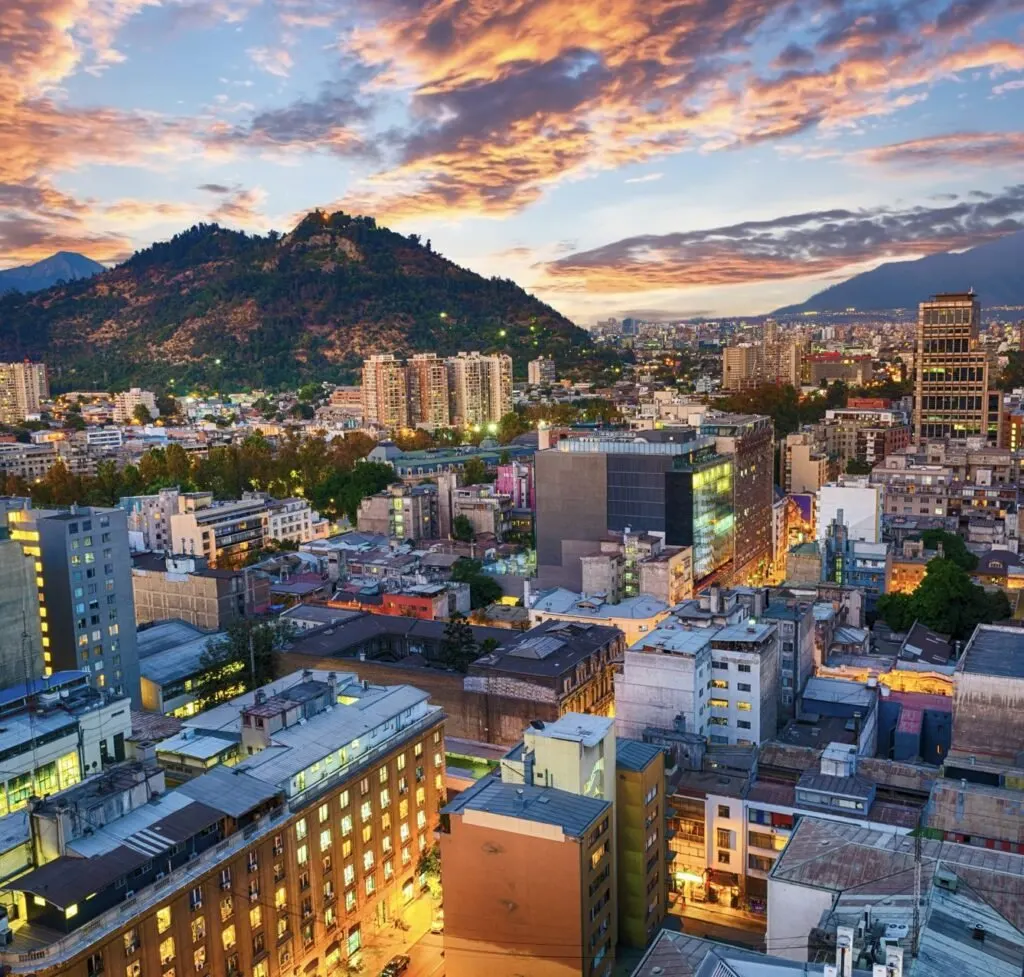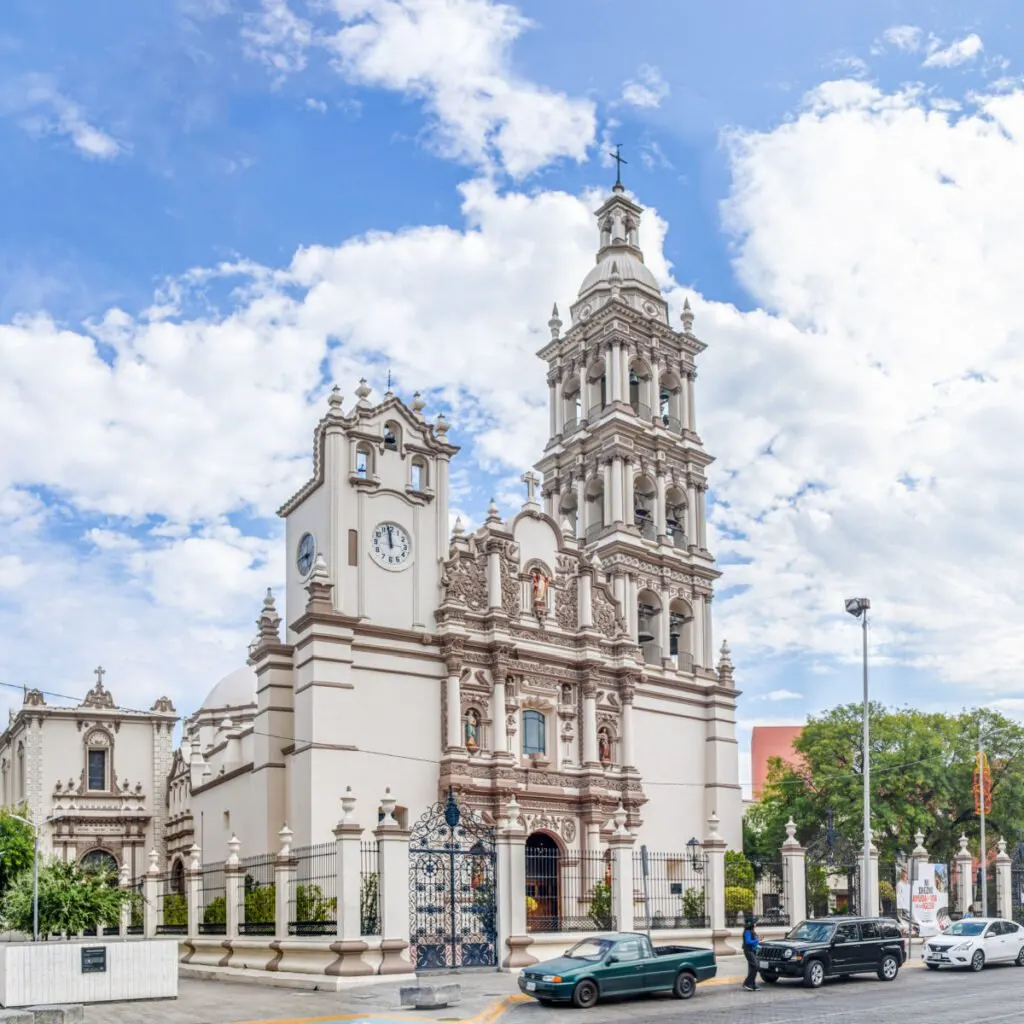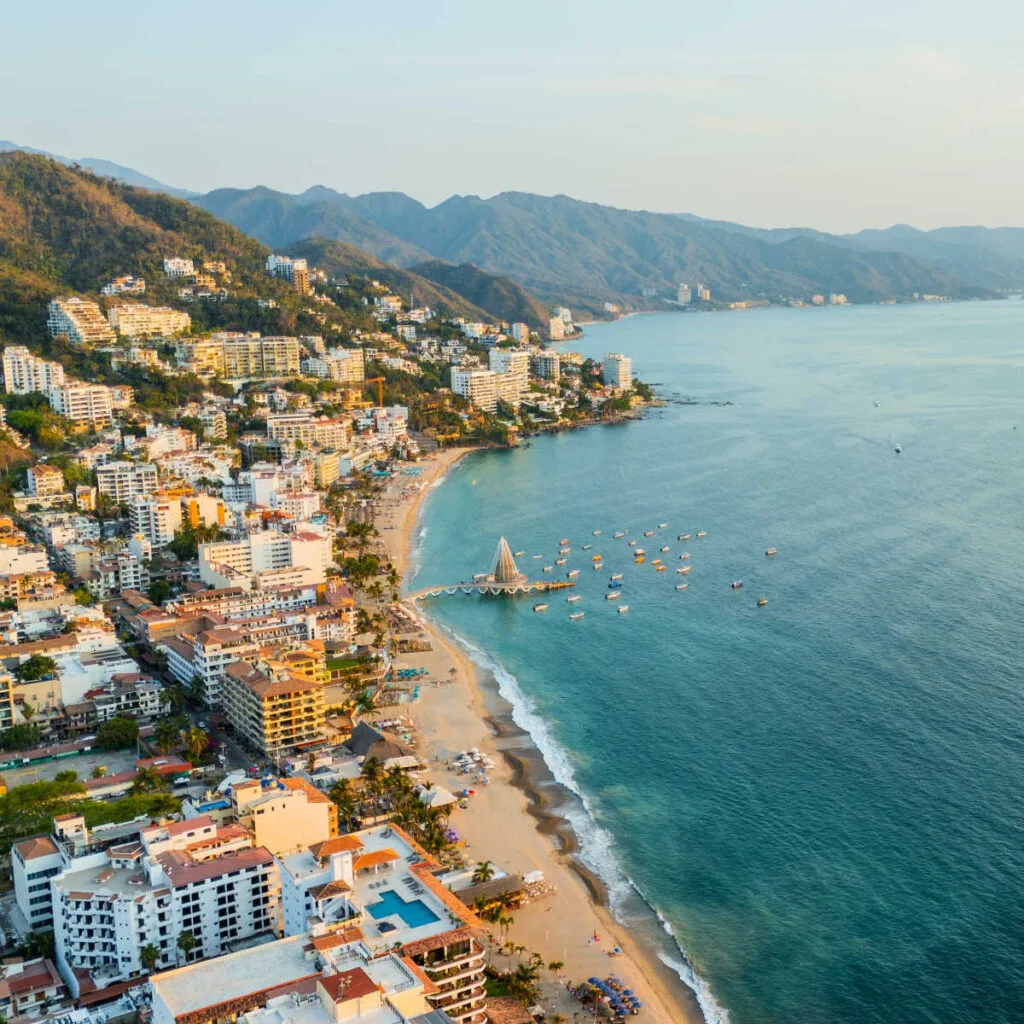While the summer travel rush may be cooling down, global events are heating up, and staying informed is more crucial than ever. Just today, a new alert was issued for Kenya, a stark reminder that the security landscape can change in an instant. For the savvy traveler, cutting through the media noise means turning to the source: official advisories from U.S. Embassies on the ground.

These aren’t meant to scare you off a destination, but to equip you with the essential knowledge to navigate it safely. At Travel Off Path, we’ve analyzed the latest security alerts for six popular tourist hotspots. Here’s what you need to know right now.
Kenya

A new alert for Kenya warns of an ongoing and persistent threat from terrorist groups, such as al-Shabaab. The U.S. Embassy notes that locations frequented by tourists and foreigners—including hotels, restaurants, and malls in Nairobi and elsewhere—remain attractive targets that can be attacked with little to no warning. The alert advises travelers to stay especially vigilant, review personal security plans, keep a low profile, and avoid all protests and large crowds, as these can be used to mask extremist activity.
Mexico City, Mexico

Tensions surrounding tourism have led to a new security alert for Mexico’s vibrant capital. The U.S. Embassy warns of planned demonstrations, specifically in the Tlalpan area. This follows earlier protests in the popular Roma and Condesa neighborhoods where some participants acted aggressively towards foreigners. The key takeaway for travelers: Mexican law strictly prohibits political activities by foreign citizens. The Embassy is clear that participating in demonstrations, even as an observer, can result in detention or deportation.
Chile

Celebrated for its stunning landscapes from Patagonia to the Atacama Desert, Chile is seeing a noticeable increase in street crime, prompting a new security alert. The U.S. Embassy highlights a spike in pickpocketing, purse snatching, and phone theft in the tourist hubs of Santiago and Valparaiso. More brazen tactics are on the rise, including thieves on motorcycles (“motochorros”) and a scam where criminals deliberately damage a vehicle’s tires to rob drivers who stop for help. The advice is to remain hyper-alert, avoid displaying valuables, and never physically resist a theft attempt.
Monterrey, Mexico

While popular for its proximity to the U.S., a new security alert focuses on the dangers of road travel around Monterrey. The U.S. Embassy is warning Americans to be particularly cautious on the Monterrey-Reynosa highway, where multiple disappearances have been reported. The risk is so significant that U.S. government employees are now banned from certain routes. For travelers, the guidance is strict: travel only during daylight hours, avoid unnecessary stops, and think twice before venturing far outside the city limits by car.
Puerto Vallarta, Mexico

This alert is a stark warning about a modern travel danger. The U.S. Consulate has confirmed multiple reports of Americans in Puerto Vallarta and the surrounding Riviera Nayarit region being targeted through dating apps. Criminals use these apps to lure victims to isolated locations, leading to violent assaults and kidnappings for ransom. The warning is unambiguous: if you use dating apps while traveling in the region, only meet in public places, inform a trusted contact of your plans, and immediately leave if a situation feels unsafe.
Egypt

Citing “increased regional tensions” related to ongoing conflicts in the Middle East, the U.S. Embassy in Cairo has issued a security alert for Egypt. While the country is not directly involved, the advisory warns of the potential for travel disruptions, such as sudden flight delays or cancellations, and a heightened security presence at airports and tourist sites. At this time, the alert does not indicate a direct threat to tourists exploring the pyramids or Red Sea resorts, but it stresses the need for travelers to have contingency plans and stay informed on the rapidly evolving situation.
For any international trip, the State Department recommends taking concrete steps to prepare. Before you go, enroll in the free Smart Traveler Enrollment Program (STEP) to receive alerts for your destination directly. Always share your detailed itinerary with family back home, save local emergency numbers in your phone, and have both digital and physical copies of your passport and visas. Knowing the location of the nearest U.S. Embassy or Consulate is another critical part of a solid personal security plan.
Before you book or board, ensure you’re fully prepared by running our essential 1 Minute Trip Check to instantly verify all current entry requirements and travel advisories for your destination.
Safe travels!
The Travel Off Path Advantage: Your Travel Toolkit
Subscribe To Our Latest Posts
Enter your email address to subscribe to Travel Off Path’s latest breaking travel news, straight to your inbox.


